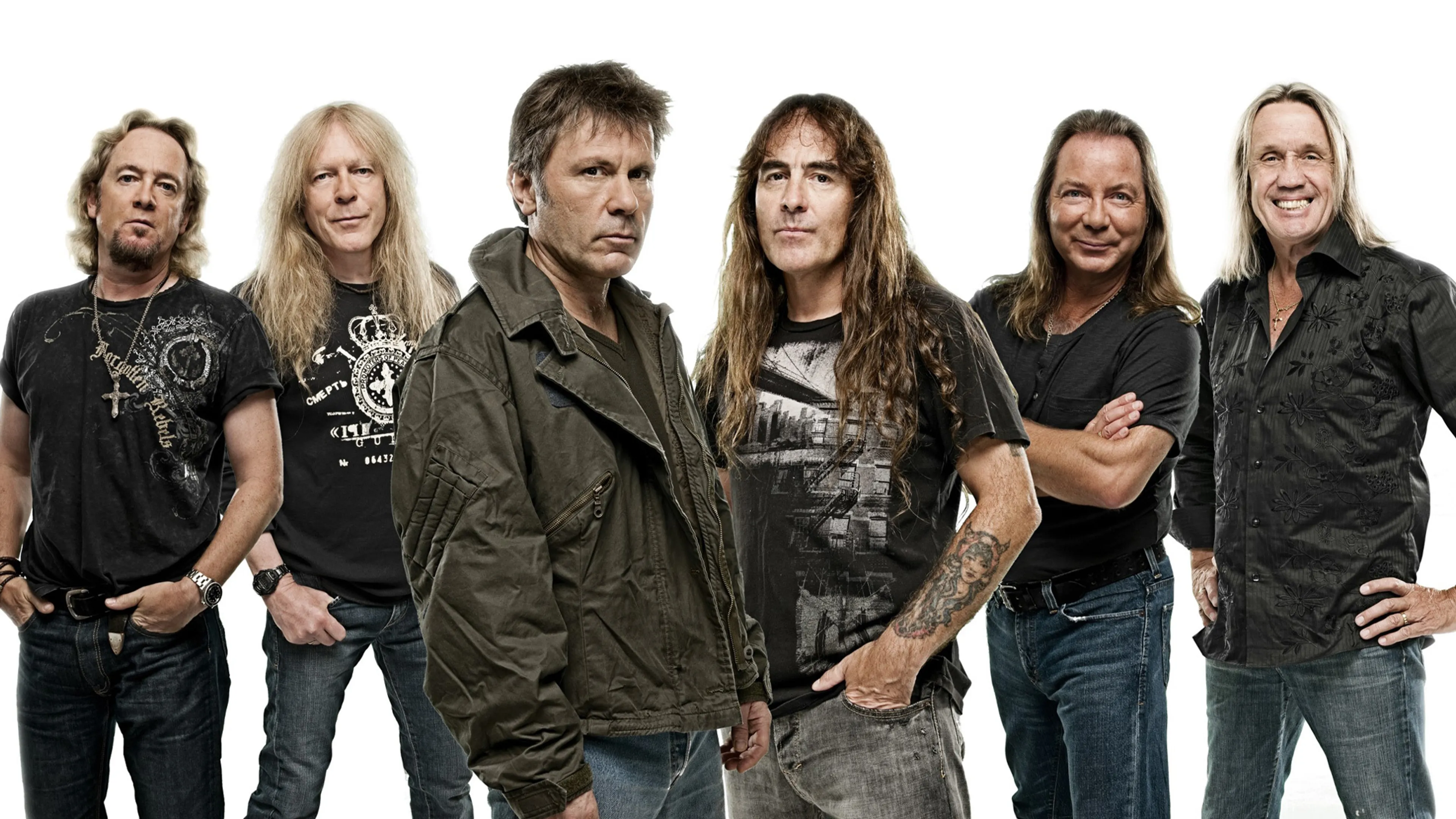Arguably the greatest song in all of heavy metal. From that opening chime, there is a combination of high drama, foreboding and wonder about the closing seven minutes of The Number Of The Beast that could only ever have come from Iron Maiden. Telling the tale of a condemned prisoner – simultaneously the most anonymous and most memorable of their catalogue’s many ill-fated protagonists – we experience the claustrophobia of prison (‘I'm waiting in my cold cell, when the bell begins to chime...’), the crazed bargaining as dawn grows closer (‘Can it be that there’s some sort of error?’) and the haunting will for some sweet hereafter (‘Mark my words, believe my soul lives on / Don't worry now I have gone / Gone beyond to seek the truth, yeah, yeah!’). Powered by Bruce’s operatic, almost staccato delivery, Clive Burr’s perfectly weighted percussion, and Adrian/Dave’s dual-guitar attack, Steve’s staggering ambition was perfectly realised. Hallowed, indeed.
